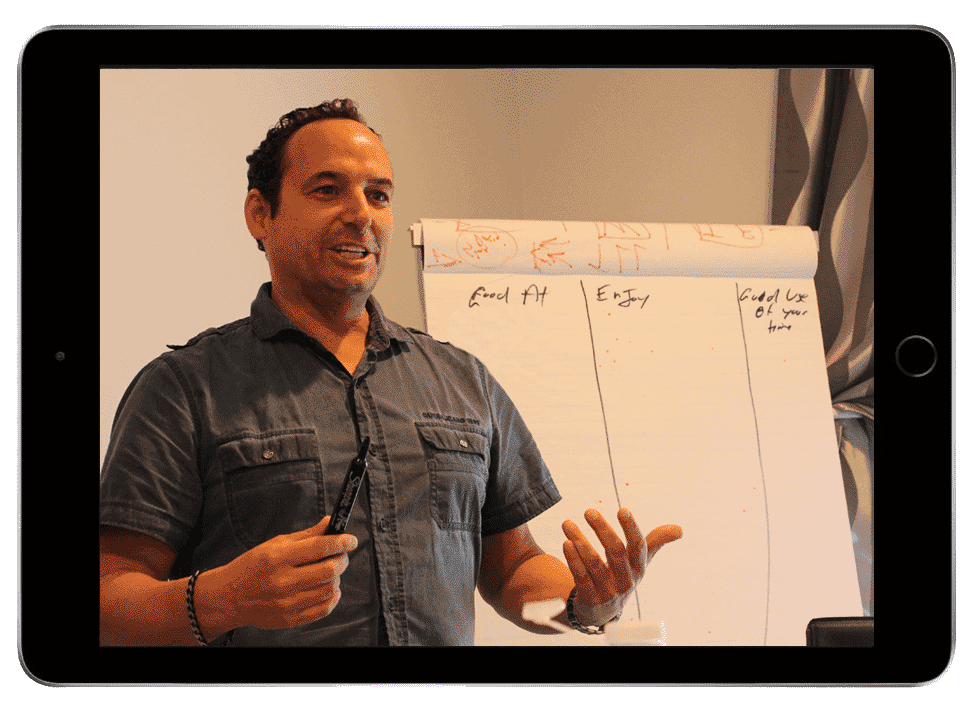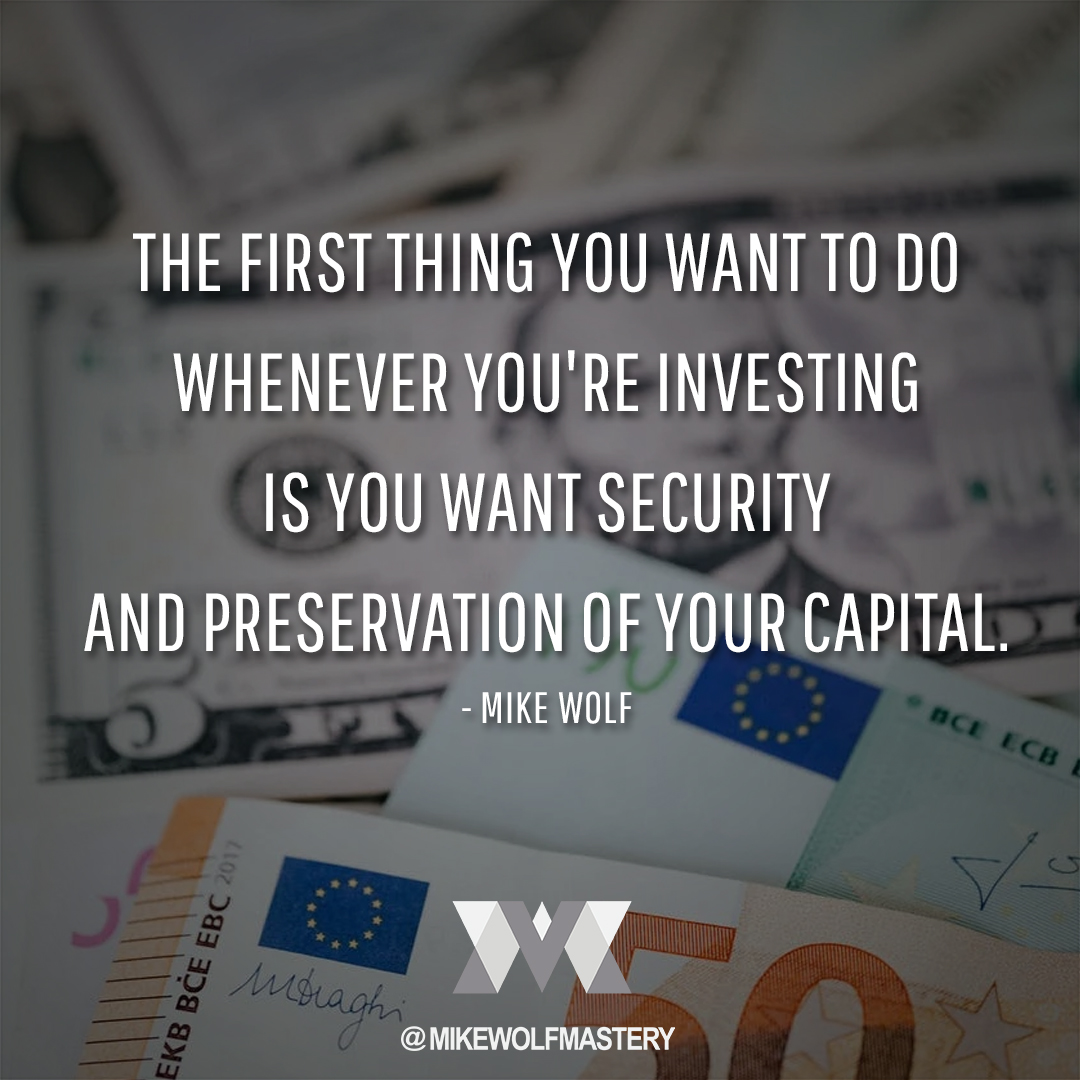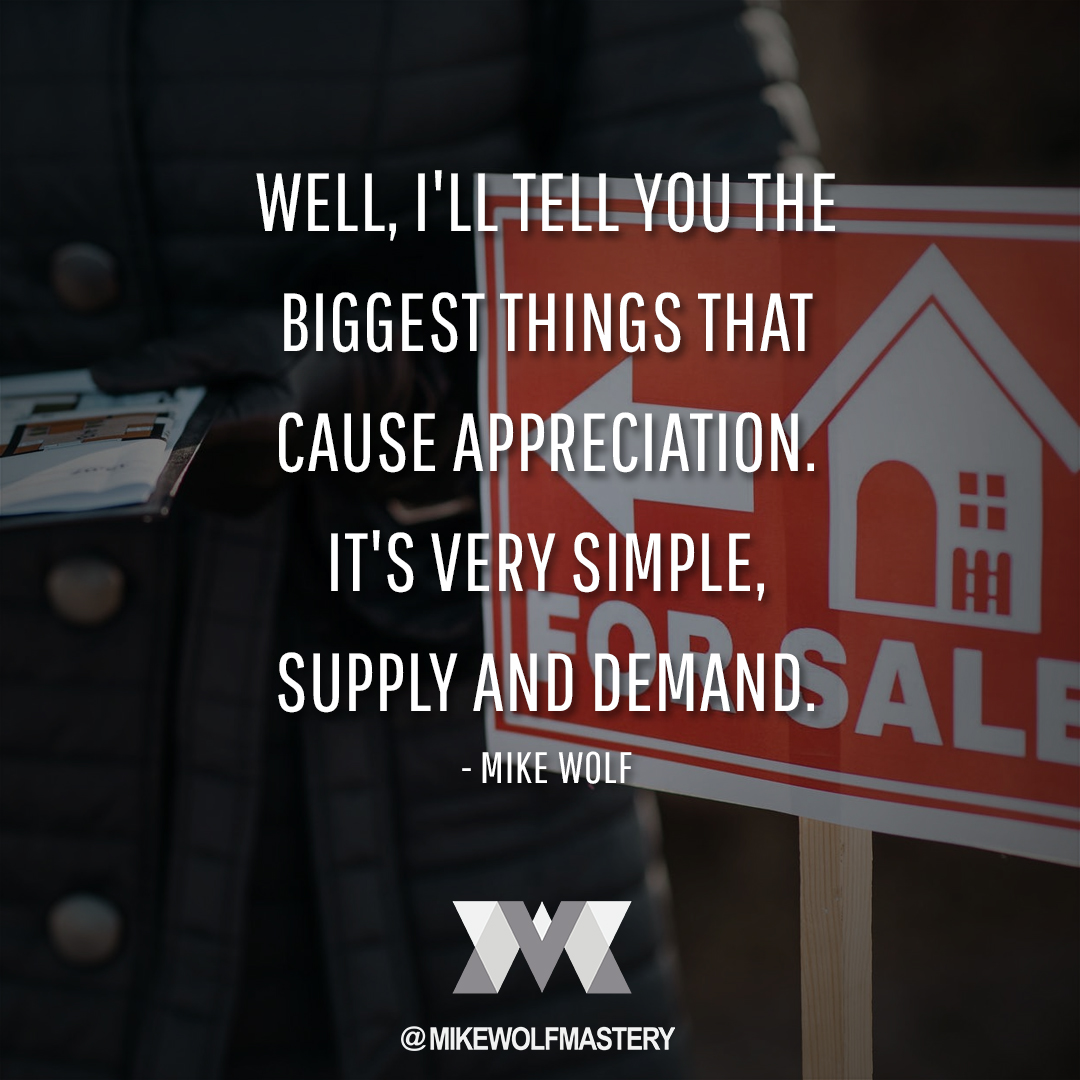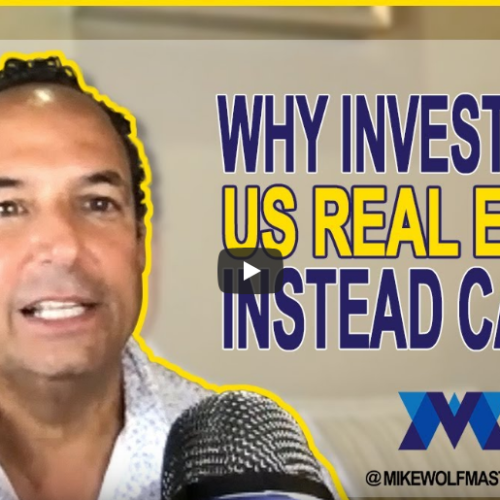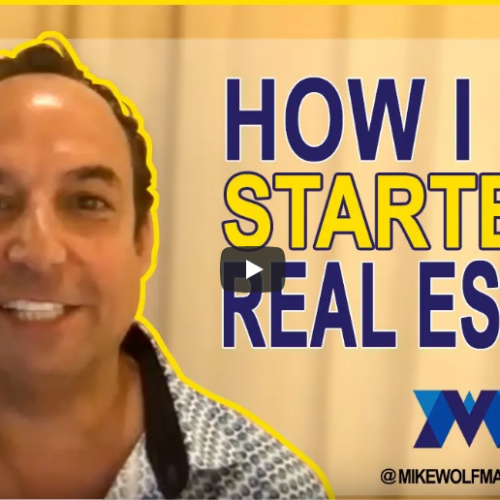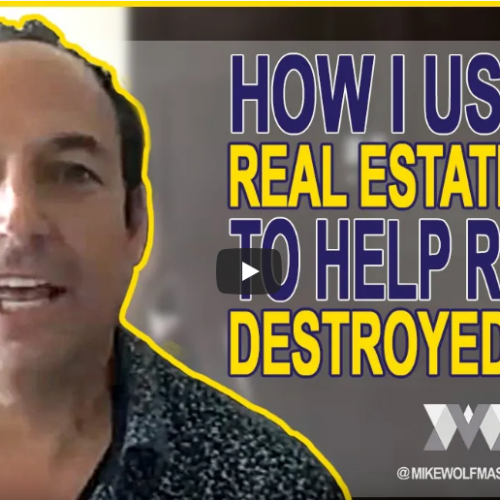Get New Posts via Facebook MessengeriTunes
Summary – Transcript
Get my help finding/closing deals without the fear of making costly mistakes by joining my Inner Circle Mentorship!
It really depends on your strategy, because for example, if you were a buy and hold investor, I would give you a much different answer than if you were a flipper or a wholesaler. So if you’re a buy and hold person, you’re trying to create passive income for yourself, I’m going to give you the three things I look at when I pick a market.
And number one, most people don’t think about this, is you want to go to a place that is very landlord friendly. And what I mean by that is if you look at California, for example, if you get a bad tenant in your property, they can live in there quite often for over a year without making any payments to you, and there’s very little you can do. And whenever you go to anywhere that’s tenant friendly, it seems like every single tenant knows how to play the system, to stretch things out to stay in your home for free. There’s actually books that you can buy that teach you how to be a bad tenant, which is very, very sad.
You want to go to a place that is landlord friendly. That’s why I do my turnkey properties in Atlanta. We can generally get rid of a bad tenant within three weeks, sometimes sooner than that. And so that’s the number one thing.
So the first thing is to give you security. The first thing you want to do whenever you’re investing is you want security and preservation of your capital. You never want to lose your seed money, because that is devastating when that happens. So that gives you your security. The second thing gives you your scalability. And what I mean by that is we want to create as much wealth as possible. Now, where most wealth comes from, despite what quite often we see if you go to a lot of these other real estate gurus, it doesn’t come from your cashflow. Your cashflow comes later. The thing you want to focus on next is appreciation.
Now, the reason for that is imagine five years from now. If the property you paid 100,000 for, five years from now, if that was worth 500,000, would you rather have that? Or would you rather have an extra 50 bucks a month rent? You get a lot further by having those big gains in the properties that you’re buying. Because if you don’t, how you get your next property is by going to your job and saving up a down payment again. If on the other hand, you could buy a property and it goes up tremendously, and then you sell that property and you take those proceeds and then maybe you go to a different market that’s lagging behind, maybe you turn that one property into two properties, or maybe you turn that one into three.
And so I did that, when I used to invest very heavily in Phoenix and did extremely well in that market. When I exited there and I took my proceeds, most of it went to Atlanta, and for every home I sold in Phoenix, I could buy two in Atlanta. So I literally doubled my portfolio without taking any money out of my pocket. Now, your next question should be to me, you should be asking, well, Mike, well, how do you know where you’re going to get appreciation? Isn’t it random? How do we know this?
Well, I’ll tell you the biggest things that cause appreciation. It’s very simple, supply and demand. Now, right now we’re in the middle of, hopefully the tail end, not the middle, hopefully the tail end of a pandemic. And what has this pandemic done? It’s taken away a lot of jobs. And so what’s on most people’s mind if they just lost their job, where can I afford to live? Where’s a good affordability? And two, where are there jobs? And so one of the things that happens in Atlanta is there’s a lot of job creation because the Georgia government is very business friendly. So what I mean by that is they know that if they can attract a lot of businesses to set up their offices there, they know these businesses are going to hire a whole bunch of people and they can go and tax the employees and make up for the money that they don’t get from the business.
And so Atlanta is head office to Coca Cola, Delta Airlines, Home Depot, Turner Broadcasting, the list goes on and on and on. And actually, just recently Microsoft announced that they are making Atlanta one of their hubs, and it’s bringing in 9,000 jobs in the very short term. And so that is what attracts population growth, and obviously when people move to a place, they can’t, one, they typically can’t qualify for a mortgage yet because they’re just starting at a new job. And so what do they do? They become tenants. So one, they’re driving up the prices of the rental. They drive up that rental market. And then after a little while, after they’ve been at their job for a while, then they start to drive up the price of the home.
Some people, of course, come there with lots of cash. And if they’re coming from places like California, for example, they just sold their home for a million bucks and now they go see these properties for 100,000 or 200,000, they’re a fraction of what they just sold their home for, and they’re investing in that market. So those things drive up market.
And so things you want to look for, one is job creation. Two, a low cost of living. That’s the trend of where people are going to move to. And you also don’t want to go to places, and I know April put Detroit in there, and I’m not going to criticize it too much. However, if we take a place like Atlanta that has, like I said, Delta Airlines, which obviously travel industry is affected in a really negative, adverse way due to COVID, a lot of people at this point are not flying yet. That’s going to change. But imagine that a bunch of people just got laid off at Delta, which probably is true. Well, guess what? They could go to Coca Cola. They could go to Home Depot. They could go to Microsoft, any one of the numerous companies that have offices there. And if you have a tenant that has a job, you’ll have a much better chance of collecting rent.
So we contrast that with Detroit. Detroit is still known as the Motor City. And unfortunately if somebody just got laid off at Chrysler, well, chances are, they’re not going to get a job at Ford. And so you want to go to places where there’s a lot of different industries. So that’s the second thing you look at. You want to get that appreciation.
The third thing you want to look at, and this is what most people go to first, and it’ll lead you down a really bad rabbit hole, is they first look at what’s my cashflow going to be. And to be honest, getting an extra 50 bucks a month in the short term is not going to change your life. Getting that extra 200, 300, 400, 500,000 in appreciation in a few years down the road will change your life and will allow you to expand your portfolio. So you want to do things in the right order. So in terms of picking a market to buy and hold it, you want to do it in that order. You want that safety of your investment, knowing that the government’s on your side and that they will help you get rid of bad tenants.
Number two is you want scalability, and that comes from appreciation. And then the third thing that you want is you want to get that cashflow, which gives you your sustainability, meaning that if the market goes down, who cares? You still have, just like Michael [inaudible 00:06:43] said earlier, if the market’s not where you want it to be two years from now, instead of selling it, oh well, I’ve got this great cashflow coming. Sorry, I didn’t mean to [inaudible 00:06:55]. So there we go. I’ll get to your question in a minute, Karl. So you want to go in that order. You want to do those three things in that order if you’re buying and holding.
Now, if on the other hand, your strategy is to flip homes, you can absolutely do that in just about any market. If you want to wholesale homes, you can do that in any market. What I would do is I would look for places with at least a 50,000 or higher population. You don’t want to be doing it in some rural area where there’s not a lot of activity. It could potentially be close to home. One of the things I teach my wholesale students is that you can pick the market that makes the most sense, and then if you’re a wholesaler, also keep your own market. And sometimes they’ll just do the one. You’ll do your own market.
And the reason for that is you might find a really good market for wholesaling in, but then as you’re driving around, like I said, I gave you that example earlier, you see a home that is in distress and that home is a perfect wholesale deal or maybe a perfect flip for you. So you don’t want to ignore the stuff that you see while you’re driving around, just living your life. But you want to be really strategic when you’re picking a market. So you do want a bigger city. You want to go to places that are more popular. If you can go to a place where rentals make sense, too, remember when you’re wholesaling a deal, you might sell that to not just somebody who’s going to live in it, you might sell it to an investor who wants a buy and hold property. So these are the things you want to look at when you’re picking a market, but your strategy will really determine where to best go to pick your market.
QUOTES TO CONSIDER
[Follow Mike on Instagram for tons of great quotes]


